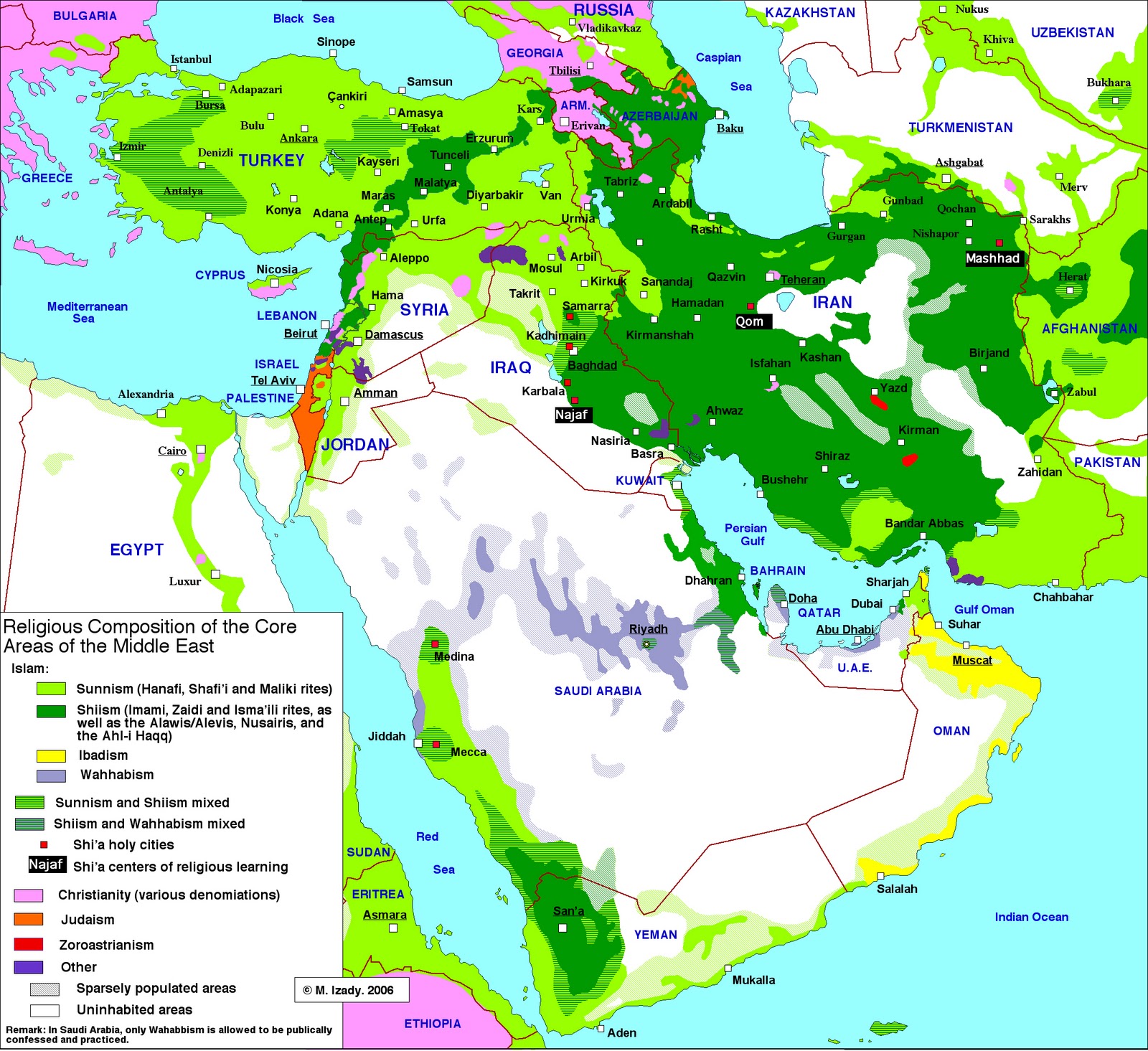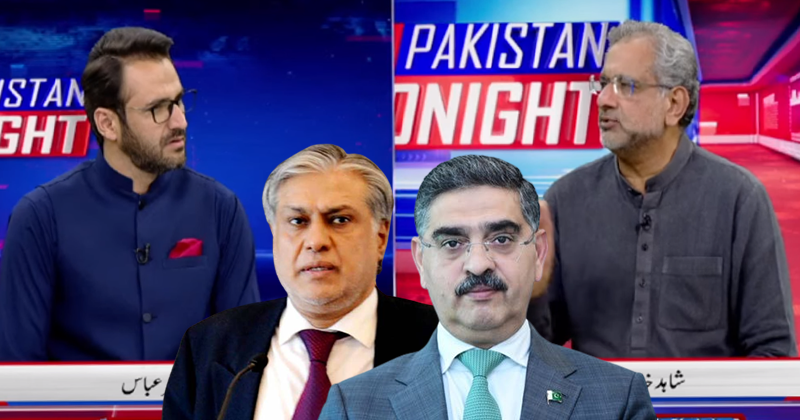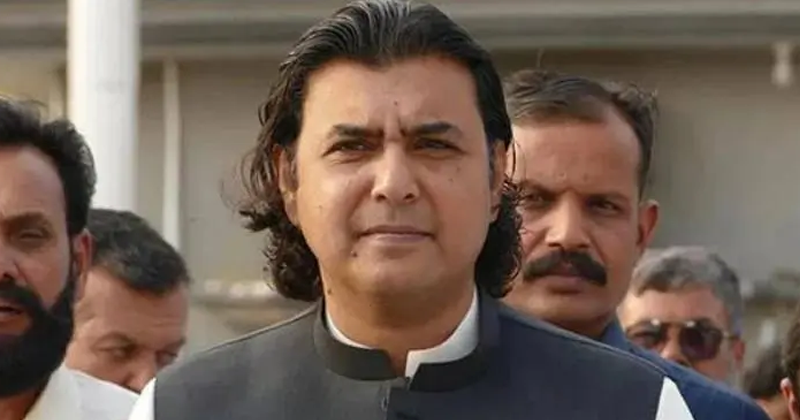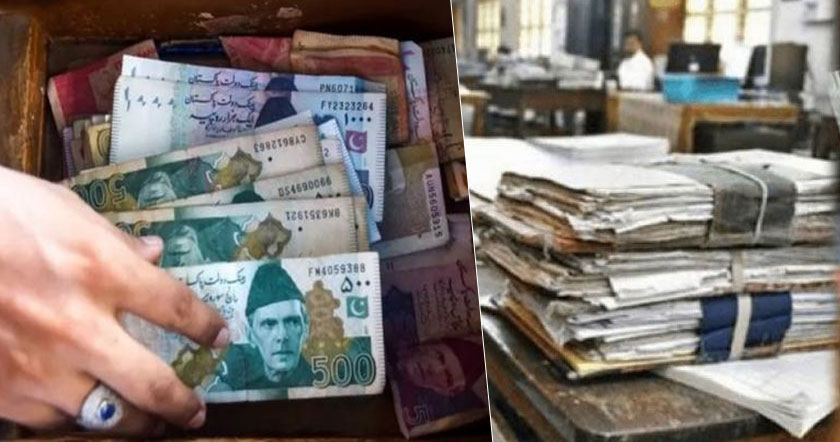Bahrain spillover to spread to Pakistan?
By Cyril Almeida | From the Newspaper
(13 hours ago)
Today
THE harrowing attacks on Pakistani nationals in Bahrain, including the murder of at least one policeman, has perhaps for the first time drawn attention to the for-hire security personnel who travel from Pakistan to defend the Bahraini kingdom and its ruling class.
The role Pakistani nationals play in the Bahraini security apparatus was further underlined on Sunday as reports emerged that as many as 1,000 men are being recruited by the army-run Fauji and Bahria foundations for the Bahrain National Guard.
But the attention garnered domestically by the role of Pakistani nationals in Bahrain there are as many as 65,000, with thousands employed in the security services, according to a Foreign Office official has contrasted with the wall of silence that has met the weeks of protests in Bahrain.
At least 10 protesters have been killed since Feb and Saudi Arabian troops have crossed the 16-mile-long King Fahd causeway in an attempt to shore up the ruling class in Bahrain.
Egypt is key. Everything else Yemen, Libya, Bahrain is a footnote, claimed the Amir of the Jamaat-i-Islami, Munawar Hasan. The JI has historical ties with Egypts Muslim Brotherhood, but while it has condemned the western invasion of Libya, it has remained quiet on Bahrain.
Similarly, while Minister of State for Foreign Affairs Hina Khar on Monday issued a veiled criticism of the western action in Libya, there has been no such criticism of the Saudi action in Bahrain.
Indeed, on March 14, the Foreign Office spokesperson, Tehmina Janjua, appeared to offer Pakistans support for Bahrains rulers: We enjoy close fraternal relations with Bahrain and earnestly hope that the leadership and the people of Bahrain will be able to overcome the present difficulties.
Saudi influence
The reason for the selective silence if not tacit public support is easy enough to identify: Saudi Arabia.
All the religious parties have interests, economic and personal, with Saudi Arabia, said Amir Mateen, a veteran journalist who has tracked religious parties in Pakistan, adding, The religious parties, along with everyone else, have yet again been exposed when it comes to principled politics.
Meanwhile, a Ministry of Foreign Affairs official speaking on the condition of anonymity to discuss internal considerations said: We need to be careful that (Pakistanis working in Bahrain) dont get lynched or thrown out of the country. For every one person there, 10 in Pakistan are dependent on that income.
But the official conceded that there were also deeper concerns: There is a possibility of politics, of Iran and Saudi Arabia being involved. We have to be extra-careful.
A former ambassador familiar with Middle Eastern dynamics was more blunt: The Saudis have bought everyone on the religious right. And remember, they have that massive Madressah network in Pakistan. They (the Saudis) can create problems for any government in Pakistan.
However, Bahrain does not just represent a foreign-policy compromise for the Pakistani state and political class. The Shia-Sunni tensions in Bahrain are couched in a wider Saudi Arabia-Iran struggle for influence in the Middle East, a struggle which could turn especially bitter in the battle for Bahrain.
If the tiny island kingdom with a population of just 1.2 million, including 660,000 non-nationals, were to fall to the Shia majority, the next uprising could be in the oil-rich, Shia-dominated Eastern Province of Saudi Arabia. Iran is trying to enter Saudi Arabia, said Syed Saleem Shehzad, Pakistan bureau chief of the Asia Times Online.
The Pakistan angle
With the stakes so high in Bahrain, there are apprehensions Pakistan could be drawn into a renewed conflict between Shia and Sunni and once again become a proxy battleground for Saudi and Iranian interests.
According to Khaled Ahmed, an expert on sectarianism and militancy, The Bahrain situation is likely to settle down because theres too much at stake. But if it doesnt, since Iran is supposed to be secretly supporting (the protesters in) Bahrain, Sunni groups here may hit Shias and Shias may respond.
Mr Ahmed and others noted that while Bahraini Shias have historically distanced themselves from Iran and belong to a different Shia school of thought, Irans regional interests have pushed it to support the Bahraini Shias.
For now, however, at least three factors appear to minimise the possibility of an imminent sectarian backlash inside Pakistan.
One, Shia militant groups are believed to be on the wane. Other than in parts of Karachi and Quetta, Shia militancy is almost dead, according to Rana Jawad, an Islamabad-based journalist who has extensively covered militancy.
Two, the disparate religious elements in Pakistan appear to be edging closer in recent months. According to a senior police officer, Since the Namoos-i-Risalat issue, weve seen even Shia and Sunni groups being very cordial to each other. There is a sectarian rapprochement wave in the country.
Amir Mateen agreed, The Shia element is on the defensive right now. And the religious parties are trying to unite and bring Shias on board because in the domestic political context they know they cant do much if they stand divided.
Third, most observers believe the situation in Bahrain will not spiral out of control as it has in Libya. The (Bahraini) king isnt like Qadhafi. Plus, given whats at stake, nobody will want to see this deteriorate. The (American) 5th Fleet is there, the (Saudi) Eastern Province is nearby, they will figure out a way, said Tanvir Ahmed Khan, a former foreign secretary.
Khaled Ahmed suggested the conflict would not be prolonged and that the standalone, Akbhari Shias of Bahrain would not be able to resist for long.However, in a region where few things have gone according to decades-old assumptions and expectations in recent months, worries remain.
According to the senior police officer, colleagues monitoring the rapprochement between the religious elements in Pakistan were concerned. Its the Bahrain thing mainly. Theres definite concern that events there dont end up spoiling things over here.
http://www.dawn.com/2011/03/24/bahrain-spillover-to-spread-to-pakistan.html































